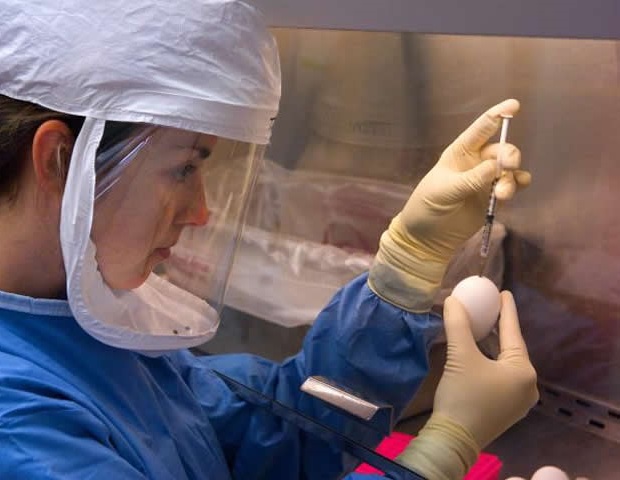The European Commission's stated aim is to improve access to innovative drugs at the national level throughout the EU. Firstly, according to the proposal for the reform of EU pharmaceutical legislation, there are still considerable differences in access between countries. Secondly, drug development has so far only been geared to a limited extent to the actual needs of patients. According to the German Institute for Quality and Efficiency in Health Care (IQWiG), the latter point is in line with the perspective of the health care system that a new drug is innovative if it improves health care, i.e. has an added value for patients compared to existing treatment options.
In its comment, IQWiG points out that the EU Regulation on European health technology assessment (HTA Regulation), which came into force in January 2022, also aims to improve access to drugs with added value (added benefit) at the national level. The Institute further states it is a requirement that the new EU pharmaceutical legislation therefore also promotes and demands drug development that answers the questions of national health systems about the added benefit of drugs, and not only enables marketing authorization at the European level. Although the proposal for the reform attempts to meet this requirement in some places, it does not do so overall for a number of reasons.
IQWiG welcomes the suggestion to also make the duration of market exclusivity for a new drug dependent on the quality of the evidence submitted. However, the planned 6-month extension period for conducting comparative studies is far too short. In IQWiG's view, it is necessary to extend the extension to 2 years and, in return, to shorten the currently planned new basic 6-year period of patent protection.
According to the EU Commission, comparative studies should only lead to an extension of market exclusivity if they are conducted with an evidence-based comparator. This is also the opinion of IQWiG. However, the Institute criticizes the planned procedure for determining such a comparator. The crux of the matter is that there are no plans to involve the national HTA agencies in this process. "However, it is precisely the competence and responsibility of the HTA agencies to assess the appropriateness of comparators for direct comparative studies," says Thomas Kaiser, IQWiG's Director, and calls for HTA agencies to participate in the consultations and also in the decisions on which comparators are specified.
Learn from experiences in the COVID-19 pandemic
As IQWiG notes in its comment: "In the future it will also only be possible to identify real progress in drug therapy on the basis of high-quality evidence. And only then will it be possible, through faster access and/or financial incentives, to prioritize the uptake of drug innovations that represent real therapeutic progress into national health care systems across Europe, thus achieving one of the main objectives of the reform of EU pharmaceutical legislation. The subject of a reform of this legislation must therefore be not only to incentivize the generation of high-quality evidence, but also to reduce the hurdles in this regard."
In this context, in IQWiG's view the experiences of the COVID 19 pandemic should be considered: The major advances in the field of drugs and vaccines were achieved through pragmatic randomized controlled trials (RCTs) with short preparation periods. These include not only the large phase III studies on vaccine development, but also platform studies comparing several treatment options. IQWiG refers to the RECOVERY study conducted in the United Kingdom, which at the early stage of the pandemic showed a survival benefit for dexamethasone in severely ill patients [3].
Set incentives for comparative studies and EU-wide market access, also for orphan drugs
In its comment, IQWiG also advocates incentives for high-quality evidence and EU-wide market access for orphan drugs. The fact that around half of orphan drugs have no proven added benefit over the existing standard of care is in most cases caused by the lack of adequate comparative data. On the one hand, it is important to set incentives for the conduct of comparative studies. On the other, it is necessary to provide an excellent EU-wide research and data infrastructure, especially for rare diseases. The previous proposals for the European Health Data Space (EHDS) and the connected DARWIN system currently fall short of the possible options, because interventional studies are not envisaged in these structures. Thomas Kaiser emphasizes: "The reform of EU pharmaceutical legislation offers the opportunity to counteract this development in the EU research landscape and to enable excellent research in the future. This opportunity must be seized urgently in order not to lose out – also at the regulatory level."
Institute for Quality and Efficiency in Health Care
Posted in: Healthcare News | Pharmaceutical News
Tags: covid-19, Dexamethasone, Drugs, Health Care, Health Systems, Pandemic, Research, Technology, Vaccine
Source: Read Full Article
